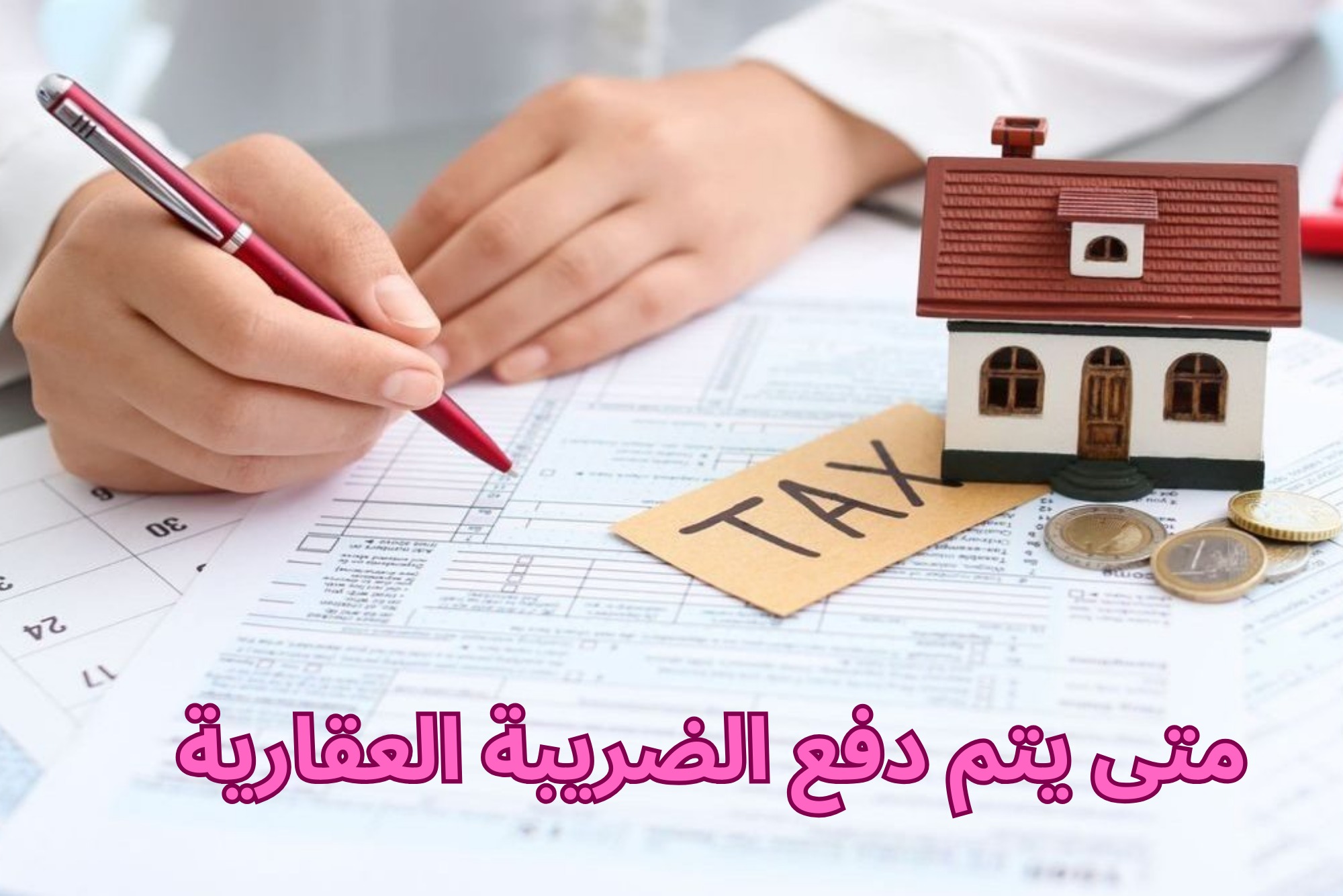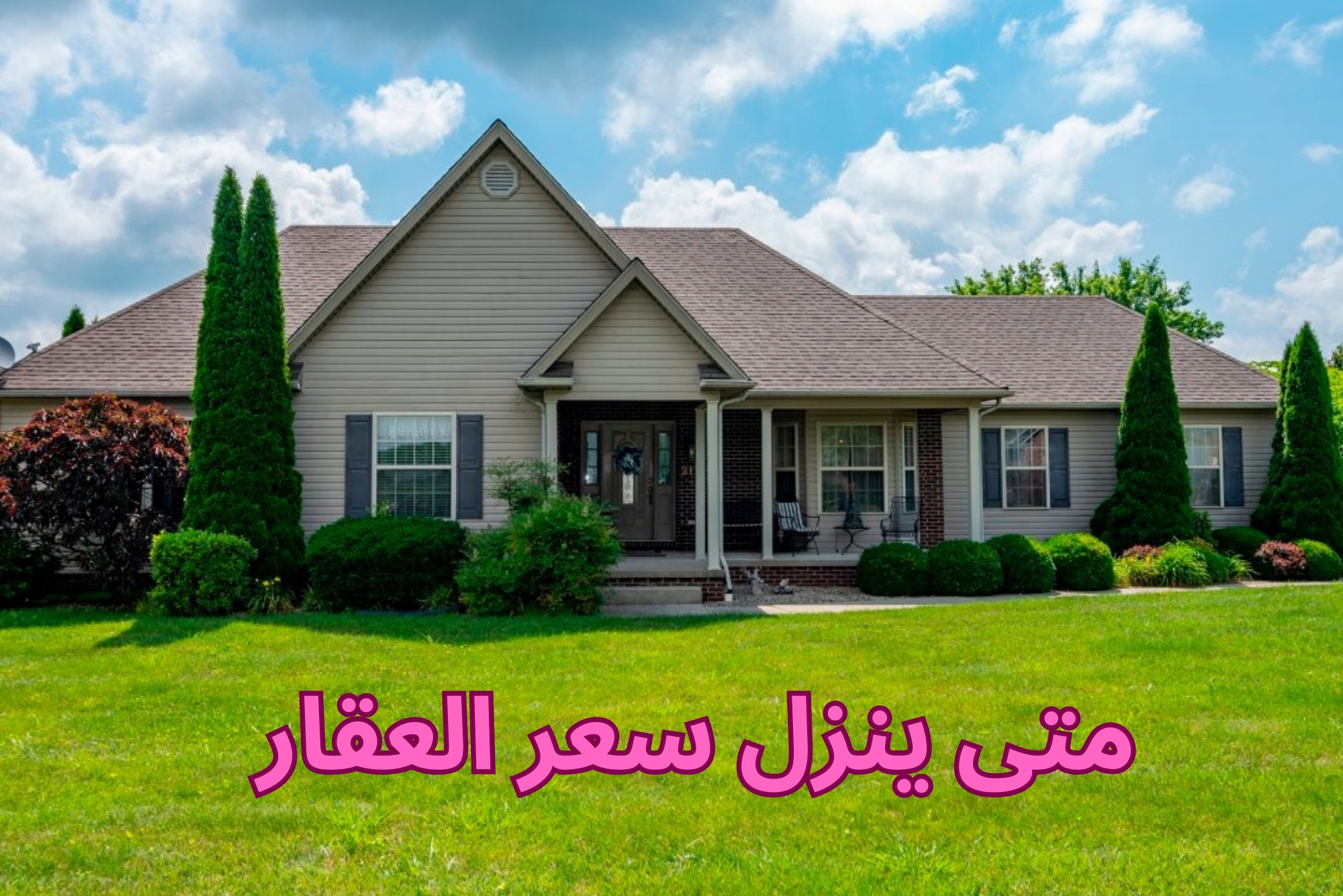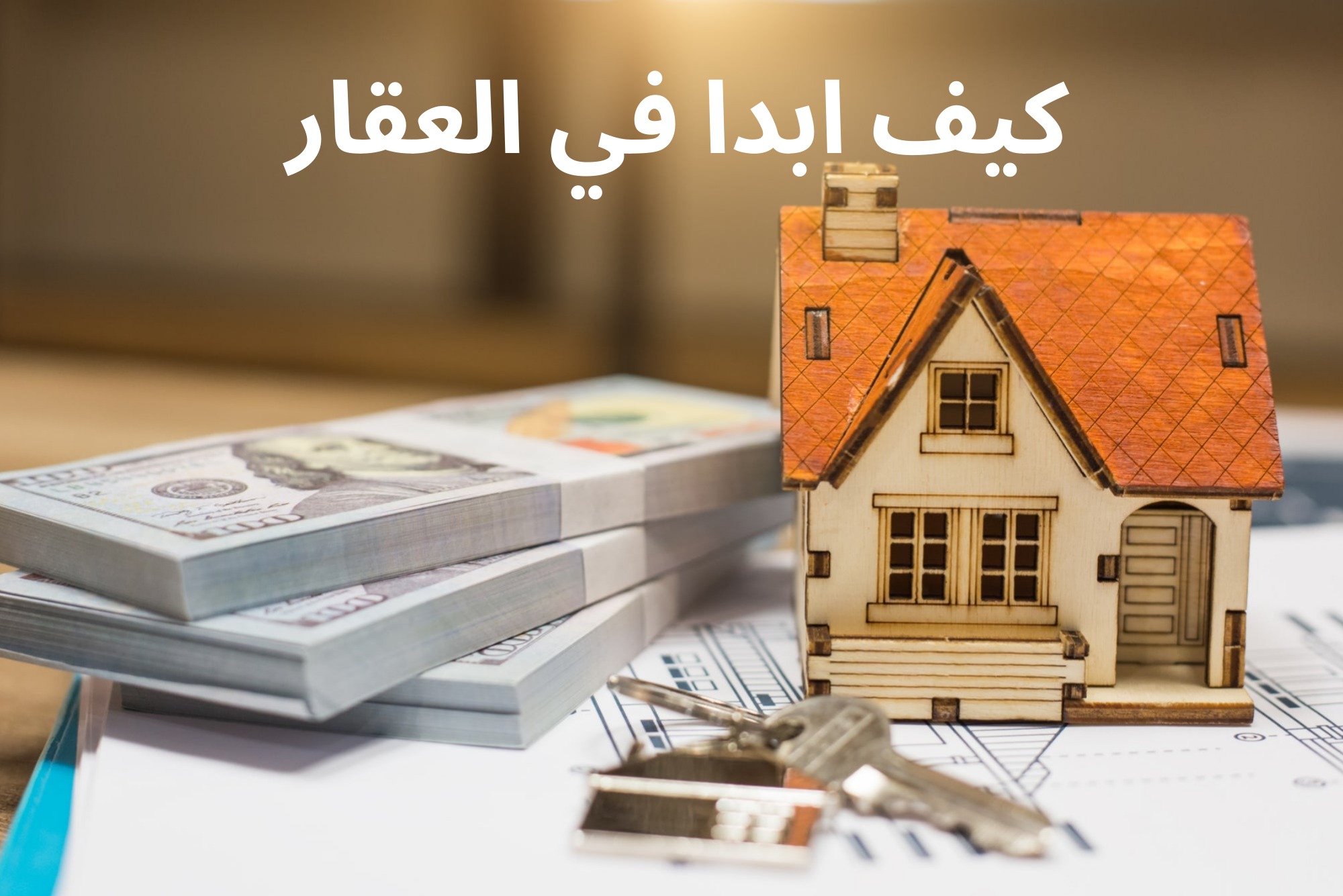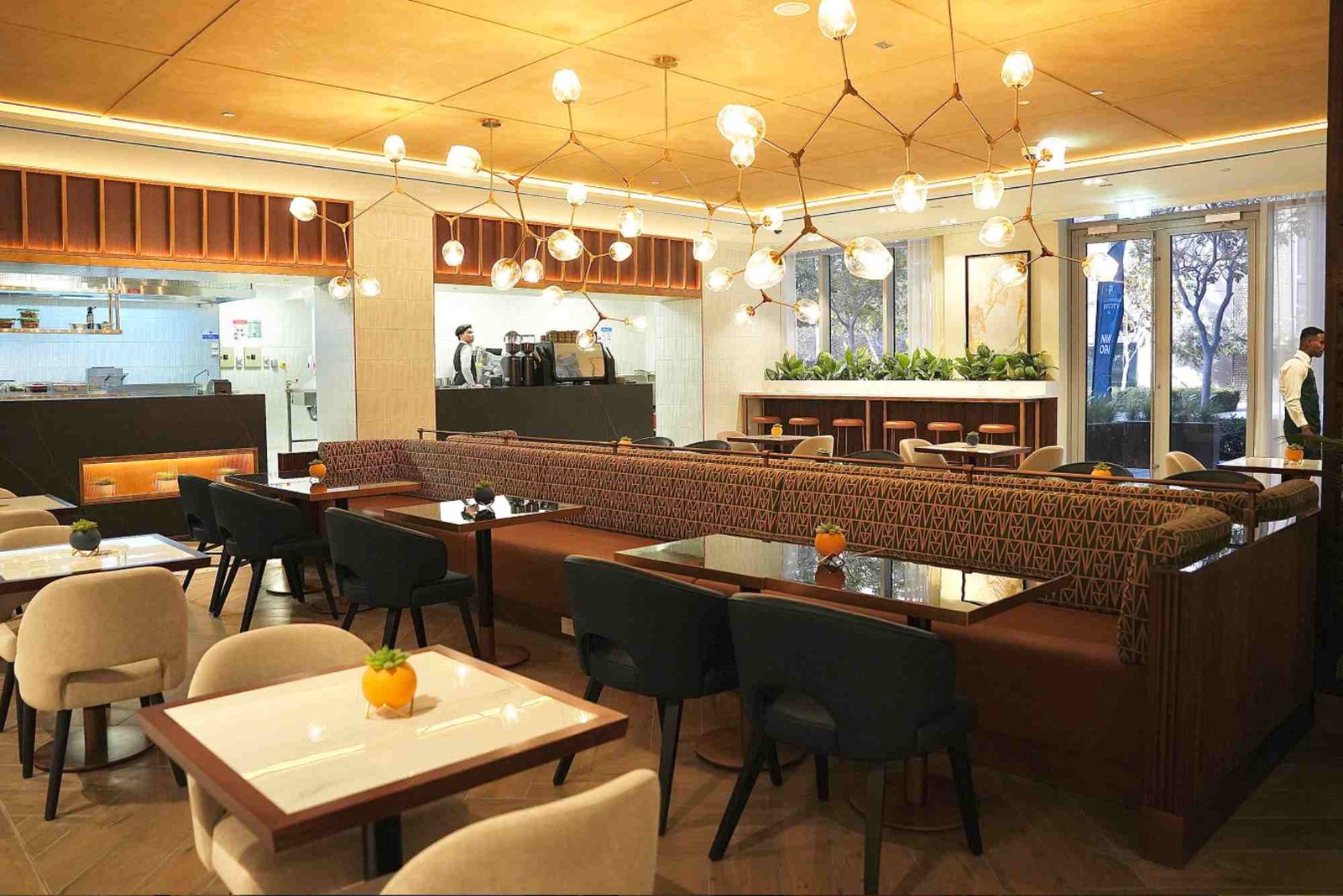Introduction
Dubai is one of the world’s most sought-after real estate destinations, attracting investors, expatriates, and locals alike. With its luxurious developments, world-class infrastructure, and investor-friendly policies, the emirate offers a wide array of opportunities for property ownership. However, understanding Dubai’s property ownership rules is essential for making informed investment decisions. In this article, we will explore the key regulations governing property ownership in Dubai and highlight the top real estate in UAE‘s property market.
Dubai’s Property Ownership Rules
Dubai has well-defined property ownership laws that dictate who can buy property and where. The emirate classifies property ownership into two main categories: freehold and leasehold.
Freehold Ownership
Freehold property ownership was introduced in 2002, allowing foreigners to own real estate in designated areas. This type of ownership grants the buyer full rights over the property, including the ability to sell, lease, or pass it on as inheritance.
- Who can buy? Foreigners, expatriates, and UAE nationals can own freehold properties in designated areas.
- Popular Freehold Areas: Dubai Marina, Palm Jumeirah, Downtown Dubai, Jumeirah Village Circle (JVC), and Arabian Ranches.
- Ownership Duration: Freehold ownership is indefinite, meaning buyers have permanent ownership rights over the property.
Leasehold Ownership
Leasehold ownership allows buyers to lease property for a fixed period, typically between 10 and 99 years. Unlike freehold, leasehold properties do not grant complete ownership rights, as the land remains under the control of the landlord or developer.
- Who can buy? Available to both UAE nationals and expatriates.
- Popular Leasehold Areas: Bur Dubai, Deira, Dubai Silicon Oasis, and Green Community.
- Ownership Duration: Usually ranges from 10 to 99 years, after which ownership reverts to the landlord.
Property Ownership for Expats and Foreign Investors
The Dubai government has made significant efforts to attract foreign investors by designating specific freehold zones where expatriates can buy property. Some key regulations include:
- Ownership of Land: Foreigners can own property but only in approved freehold areas.
- Inheritance Laws: If a property owner passes away, UAE inheritance laws apply unless a registered will specifies otherwise.
- Mortgages & Financing: Expats can obtain mortgages from UAE banks, but loan-to-value (LTV) ratios may vary.
Top Real Estate Developers in Dubai
Dubai’s real estate market is home to some of the most reputable property developers, known for their world-class projects and innovative designs. Here are the top real estate developers in Dubai:
Emaar Properties
One of the largest and most renowned developers in the UAE, Emaar Properties is known for iconic projects such as the Burj Khalifa, The Dubai Mall, and Downtown Dubai. They specialize in luxury residential, commercial, and retail developments.
DAMAC Properties
DAMAC is a leading luxury real estate developer offering high-end residential properties, serviced apartments, and commercial spaces. Some of their well-known projects include DAMAC Hills, Akoya Oxygen, and Trump International Golf Club.
Nakheel Properties
Nakheel is the developer behind some of Dubai’s most famous landmarks, including the Palm Jumeirah, The World Islands, and Ibn Battuta Mall. They focus on waterfront communities and large-scale infrastructure projects.
Meraas
Meraas is known for delivering high-end lifestyle destinations such as City Walk, Bluewaters Island, and La Mer. Their developments focus on innovation, sustainability, and modern urban living.
Sobha Realty
Sobha Realty is a luxury property developer specializing in high-quality craftsmanship and premium living spaces. Some notable projects include Sobha Hartland and Sobha Creek Vistas.
Dubai Properties
Dubai Properties is a subsidiary of Dubai Holding and is responsible for developing key residential and commercial communities such as Jumeirah Beach Residence (JBR), Business Bay, and Mudon.
Select Group
Select Group is a prominent developer behind projects like Marina Gate, Studio One, and No. 9 in Dubai Marina. They focus on high-quality waterfront developments.
Top Real Estate Destinations in the UAE
The UAE offers diverse real estate investment opportunities, catering to different lifestyles and budgets. Here are some of the top real estate destinations in the country:
Dubai
Dubai remains the top real estate investment hub in the UAE, offering a mix of luxury, mid-range, and affordable properties. Key investment areas include Downtown Dubai, Dubai Marina, Palm Jumeirah, and Jumeirah Village Circle.
Abu Dhabi
The capital city, Abu Dhabi, boasts a robust real estate market with upscale developments. Key investment locations include Saadiyat Island, Al Reem Island, Yas Island, and Al Raha Beach.
Sharjah
Sharjah is an emerging real estate market with affordable housing options and growing demand. Popular areas include Aljada, Al Khan, and Muwaileh.
Ras Al Khaimah
Known for its serene coastal living, Ras Al Khaimah offers promising investment opportunities in developments like Al Marjan Island and Mina Al Arab.
Ajman
Ajman provides affordable housing with freehold options for expatriates. Popular investment areas include Ajman Downtown and Al Nuaimiya.
Why Invest in UAE Real Estate?
Investing in UAE real estate offers multiple benefits, including:
- Tax-Free Income: No capital gains tax or property tax.
- High Rental Yields: Dubai offers one of the highest rental yields globally.
- Strategic Location: The UAE is a global hub connecting Europe, Asia, and Africa.
- Strong Legal Framework: Well-established property laws protect investors.
- Golden Visa Program: Investors in real estate worth AED 2 million or more can qualify for long-term residency visas.
Understanding Dubai’s property ownership rules is crucial for investors looking to enter the market. Whether opting for freehold or leasehold properties, knowing the regulations ensures a smooth buying process. Dubai’s real estate sector, backed by top developers such as Emaar, DAMAC, and Nakheel, continues to thrive, offering diverse opportunities for investors. The broader UAE market, including Abu Dhabi and Sharjah, also presents excellent investment potential, making the region a lucrative destination for property buyers worldwide.









